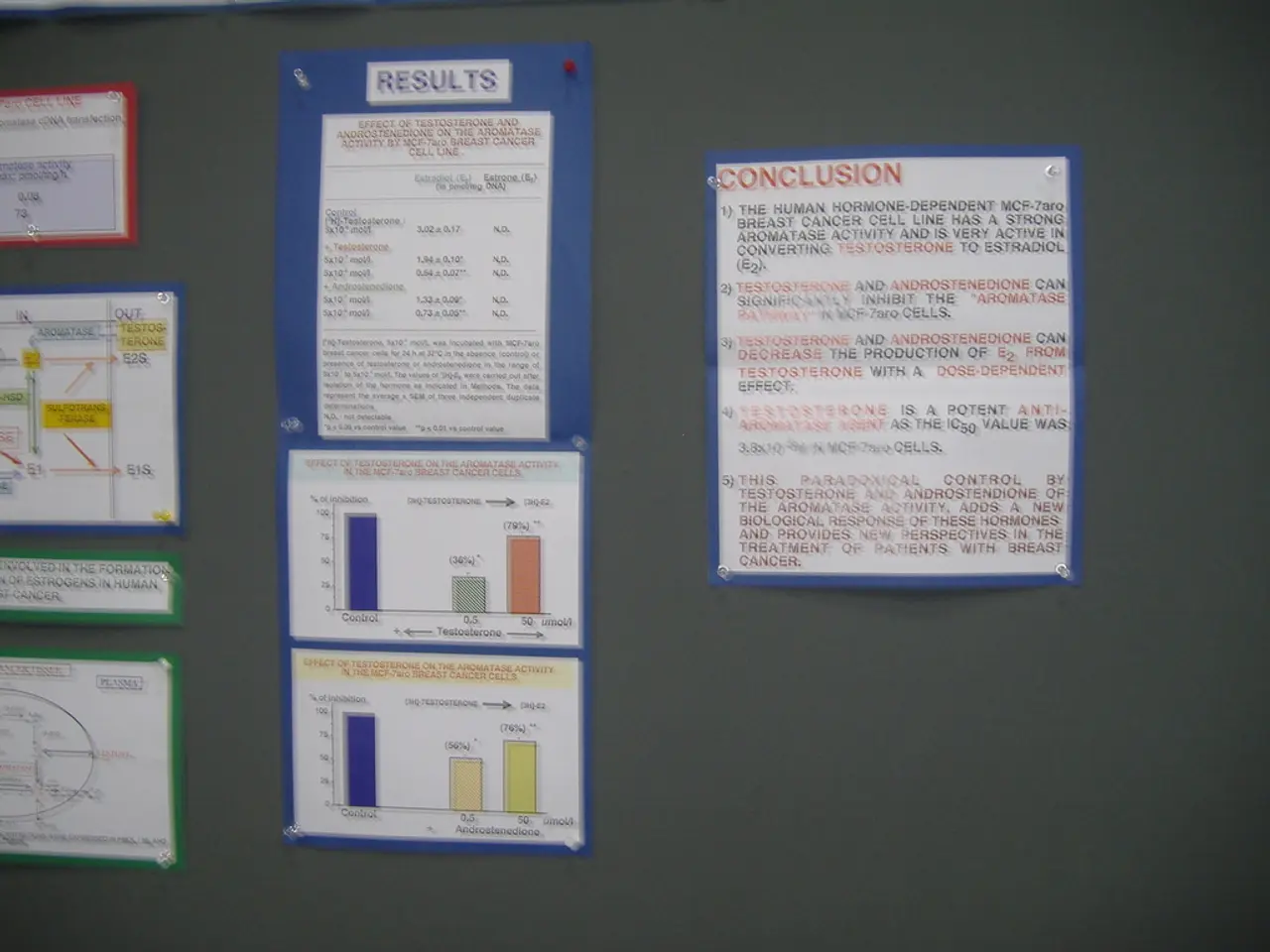Maharashtra's Legislative Council Adopts the Public Security Bill, Opponents Leave in Protest
The Maharashtra Special Public Security Bill, 2024, has stirred up a storm of controversy and opposition due to its broad and vague provisions, which critics argue could lead to the suppression of dissent and erosion of civil liberties in India.
The bill, introduced in the Council by Maharashtra minister of state for home Yogesh Kadam, aims to prevent "unlawful activities of Left Wing Extremist organisations or similar groups." If given the governor's assent, Maharashtra will become the fifth state in India to have a Special Public Security Act (SPSA).
The bill's key provisions have raised concerns among rights organisations, political parties, and civil society groups. The broad definitions used in the bill, such as "unlawful activity" and "interference with public order," are so vaguely defined that they could potentially encompass peaceful protests, political satire, or cultural critique.
Moreover, the bill grants the state sweeping powers to declare individuals or organisations as "unlawful," seize their property, freeze bank accounts, and shut down offices without requiring prior judicial approval. Offences under the Act are non-bailable and cognizable, meaning arrests can be made without a warrant. An advisory board proposed for review lacks independence, being composed of state-appointed members.
Opponents of the bill view it as a tool for state repression, allowing the government to silence political critics and dissenting voices by labeling them as "unlawful." Despite minor amendments, civil society groups feel that the revisions do not address the fundamental concerns about the bill's scope for misuse. The bill's focus on "urban Naxalism" and left-wing extremism without equivalent provisions for right-wing groups also raises concerns about biased enforcement.
The Maharashtra Congress has questioned its own leader, Vijay Wadettiwar, for not strongly opposing the bill in the assembly, highlighting internal discontent within the party. Other opposition parties, such as the Shiv Sena (UBT) and CPI(M), have also sharply criticized the bill, calling it overly harsh and equivalent to British-era laws.
Uddhav Thackeray, the Shiv Sena (UBT) chief, expressed his concerns that anyone could be arrested and imprisoned at any time if the bill becomes a law. He suggested that the government should use the words "traitor," "Naxal," and "those who do anti-national work" in the bill if they want the Shiv Sena (UBT) to support it. Anil Parab, a Uddhav Thackeray-led Shiv Sena (UBT) MLC, expressed apprehension that the new Maharashtra Special Public Security Bill could be used for political purposes.
Uddhav Thackeray compared the Maharashtra Special Public Security Bill to the MISA and TADA Act, which were previously misused. He insisted that the government should make some changes in the bill for the Shiv Sena (UBT) to support it. Anil Parab also stated that he will submit a dissent note against the Bill. The opposition parties submitted their dissent note to the chairman of the Legislative Council.
Despite the widespread opposition, the Maharashtra Legislative Council passed the Maharashtra Special Public Security (MSP) Bill 2024 on Friday. The bill was previously passed by the legislative assembly without significant opposition from the Congress and Shiv Sena (UBT). However, the future of the bill remains uncertain as it awaits the governor's assent.
The Maharashtra Special Public Security Bill, 2024, has sparked debates in the realm of policy-and-legislation, with concerns that it could infringe upon civil liberties and be used for political suppression in the politics of India. The bill's controversial provisions, such as its broad and vaguely defined terms, have raised red flags among rights organisations, political parties, and civil society groups, who view it as a tool for state repression and an equation to harsh British-era laws.








